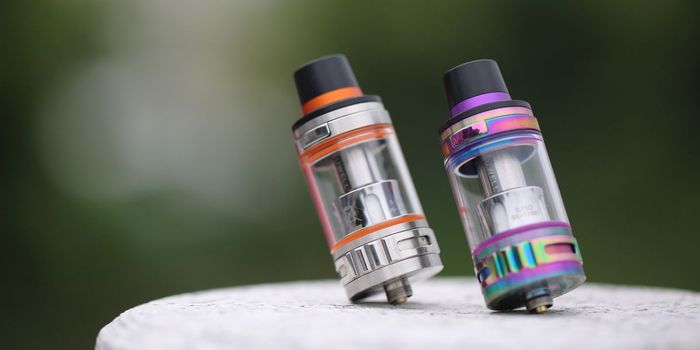Study Examines Transdermal Patch Effectiveness for DPN Pain Patients
A study published in Medical Cannabis and Cannabinoids examined the treatment of diabetic peripheral neuropathy (DPN) using medical cannabis transdermal patches. DPN is a neurological disorder caused by high blood sugar levels that impact the blood vessels that supply nerve cells. DPN symptoms include pain, muscle weakness, and tingling or numbness of hands, feet, arms, and legs. This disorder affects over one million patients worldwide.
The research team evaluated the therapeutic efficacy and safety profile of a transdermal medical cannabis formulation (THC:CBD:CBN) in managing pain in the lower extremities. The formulation consisted of the cannabinoids tetrahydrocannabinol, cannabidiol, and cannabinol (THC:CBD:CBN).
The researchers monitored 100 participants over a 12-week intervention period at Thailand’s Don Chan Hospital. Some participants received the standardized cannabis formulation or a placebo. The key outcome measure focused on pain intensity assessment using the validated Thai version of the Neuropathic Pain Symptom Inventory (NPSI-T). The study also documented any adverse events.
The study found that the participant group that used the patch demonstrated statistically significant reductions in pain and NPSI-T scores. The study showed a decrease in mean total NPSI-T scores from 25.60 to 5.57 in the treatment cohort. The placebo group demonstrated a less significant decrease from 25.24 to 22.85. Data analysis at weeks 4, 8, and 12 indicated considerable pain reduction.
The study indicated that the cannabis formulation reflected an excellent safety profile. Only 10% of participants reported mild adverse effects. The medical cannabis patch demonstrated significant therapeutic efficacy in decreasing painful DPN symptoms. The study indicates that the THC:CBD:CBN formulation can provide effective pain management for patients with diabetic peripheral neuropathy or other disorders characterized by chronic pain. The study results corroborate the findings of previous medical cannabis transdermal patch studies that also highlight the therapeutic potential of topical and transdermal cannabinoid-infused products.
Source: Medical Cannabis and Cannabinoids, National Institutes of Health








